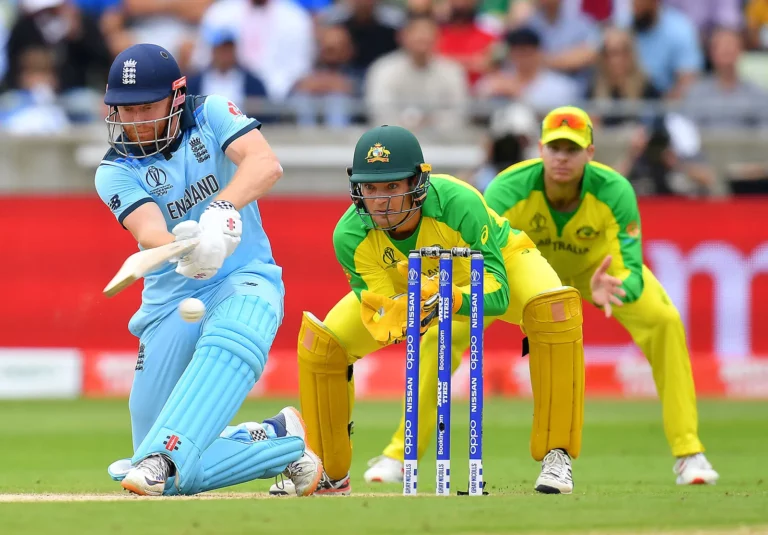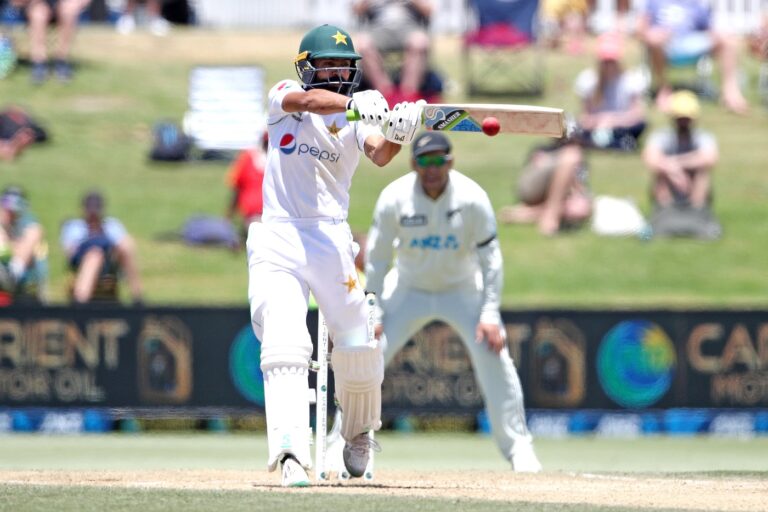Addressing Gender Disparities in Cricket Coaching Opportunities
11xplay pro, tiger 247 login, betbook:Addressing Gender Disparities in Cricket Coaching Opportunities
Cricket is a sport beloved by millions across the globe. From the fast-paced excitement of T20 matches to the strategic battles of Test cricket, the game has captured the hearts of fans everywhere. However, when it comes to coaching opportunities within the sport, there exists a significant gender disparity. While there are plenty of male coaches at various levels of cricket, the number of female coaches lags far behind. This lack of gender diversity in coaching roles not only perpetuates gender stereotypes but also deprives the sport of valuable perspectives and talent.
In this article, we will explore the reasons behind the gender disparities in cricket coaching opportunities and offer solutions to address this issue. By promoting gender equality in coaching roles, we can create a more inclusive and diverse cricketing community that benefits players, coaches, and fans alike.
The Current Landscape of Cricket Coaching
Before delving into the gender disparities in cricket coaching, let’s first examine the current landscape of coaching within the sport. Cricket coaching is a crucial aspect of player development, providing athletes with the guidance and support they need to improve their skills and reach their full potential. Coaches play a key role in shaping the future of the sport, influencing players both on and off the field.
Traditionally, cricket coaching has been dominated by men. Male coaches have held the majority of coaching positions at all levels of the sport, from grassroots programs to elite professional teams. This lack of gender diversity in coaching roles has created a barrier for women looking to pursue a career in cricket coaching. Without more female coaches in the pipeline, the sport continues to miss out on the unique perspectives and experiences that women can bring to the coaching role.
Gender Disparities in Cricket Coaching Opportunities
There are several factors that contribute to the gender disparities in cricket coaching opportunities. One significant issue is the lack of female role models and mentors in coaching positions. When aspiring female coaches do not see women in leadership roles within the sport, it can be discouraging and make them question whether coaching is a viable career path for them. Additionally, the male-dominated culture of cricket can create a hostile environment for women looking to break into coaching.
Another challenge for female coaches is the lack of access to coaching opportunities and resources. Without the same level of support and training as their male counterparts, women may struggle to develop the skills and experience needed to succeed as coaches. The existing networks and pathways for coaching development are often designed with men in mind, leaving women on the sidelines.
Addressing Gender Disparities in Cricket Coaching Opportunities
In order to address the gender disparities in cricket coaching opportunities, proactive steps need to be taken to create a more inclusive and equitable coaching environment. Here are some strategies that can help promote gender diversity in coaching roles within the sport:
1. Implement targeted recruitment and development programs for female coaches. By actively seeking out talented women and providing them with the training and support they need to succeed, cricket organizations can help level the playing field for female coaches.
2. Establish mentorship programs that pair aspiring female coaches with experienced professionals in the field. Mentors can provide valuable guidance, support, and networking opportunities that can help women break into coaching and advance their careers.
3. Create safe and inclusive spaces for women within the coaching community. By fostering a culture of respect and equality, cricket organizations can make coaching roles more welcoming and accessible to women.
4. Advocate for gender equality in coaching leadership positions. By appointing more women to head coaching roles and decision-making positions, cricket organizations can demonstrate their commitment to diversity and inclusion.
5. Provide equal access to coaching resources and opportunities for women. This includes training programs, professional development opportunities, and pathways for career advancement that are accessible to female coaches.
6. Challenge gender stereotypes and bias within the cricket community. By promoting a more inclusive and diverse representation of coaches at all levels of the sport, we can help break down barriers for women and create a more equitable playing field.
FAQs
Q: Why is gender diversity important in cricket coaching?
A: Gender diversity in coaching brings a wider range of perspectives, experiences, and skills to the sport. It also helps to challenge stereotypes and biases, making cricket coaching a more inclusive and welcoming environment for all.
Q: What can individuals do to support gender equality in cricket coaching?
A: Individuals can support gender equality in cricket coaching by advocating for more opportunities for female coaches, challenging gender stereotypes, and promoting inclusive environments within the sport.
Q: How can cricket organizations promote gender diversity in coaching roles?
A: Cricket organizations can promote gender diversity in coaching roles by implementing targeted recruitment and development programs for female coaches, creating mentorship opportunities, and appointing more women to leadership positions within the coaching community.
In conclusion, addressing gender disparities in cricket coaching opportunities is essential for creating a more inclusive and diverse sport. By promoting gender equality in coaching roles, we can support the development of talented female coaches and empower them to succeed at all levels of the game. Through targeted initiatives, mentorship programs, and advocacy efforts, we can build a cricketing community that values and celebrates the contributions of women in coaching. Let’s work together to create a more equitable and inclusive future for cricket coaching.







